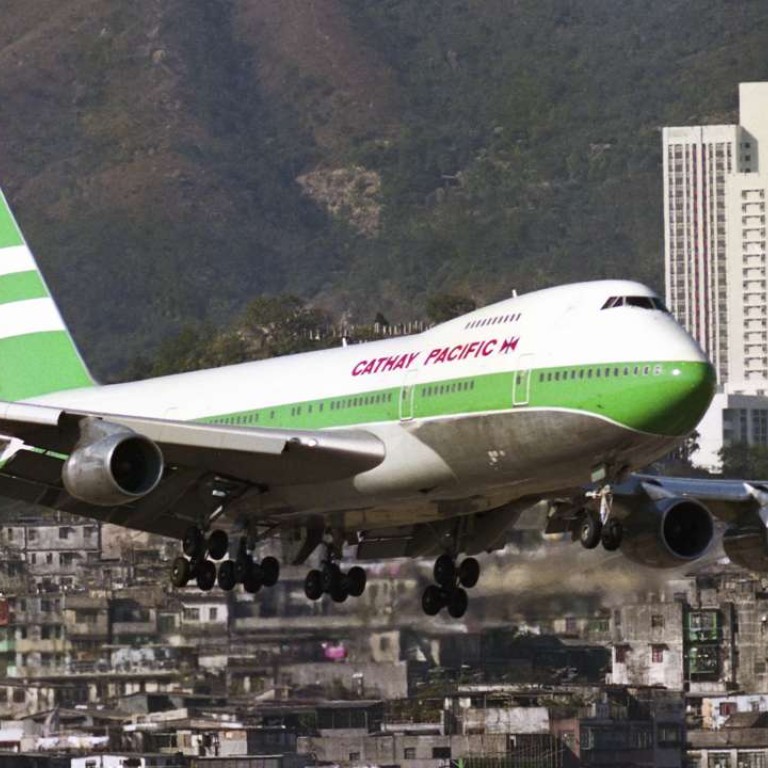
Cathay Pacific lowers second-half profit forecast as overcapacity, competition take a toll
Hong Kong’s flagship carrier says business has “deteriorated” since an interim report in August
Cathay Pacific Airways, Hong Kong’s flagship carrier, says it expects its profit in the second half of 2016 to be worse than its own previous forecast, citing worsening overcapacity and tougher competition since late August.
“Since the interim report was issued [in late August], the outlook for our airlines’ business has deteriorated,” the company said in a filing to Hong Kong’s stock exchange.
“Overcapacity and strong competition is putting particular pressure on our passenger business, with continued shortfalls in revenue compared with forecasts and heavy pressure on yield.
“Against this background, it is no longer expected that the Cathay Pacific group’s results for the second half of 2016 will be better than those of the first half.”
Overcapacity and strong competition is putting particular pressure on our passenger business
Cathay had said in the interim report that it expected second-half results to be better than those in the first-half, when it reported an 82 per cent year-on-year net profit slump to HK$353 million.
The firm said it is doing a “critical review” of its business, aimed at improving revenues and cutting costs, so as to “maintain a strong financial position and to deliver acceptable financial returns.”
“The review will consider all options for improving efficiency and productivity,” it said, without elaborating.
Cathay and its subsidiary Hong Kong Dragon Airlines’ passenger traffic declined 3.8 per cent year-on-year in August, with passenger load factor, a measure of capacity utilisation, falling 1.8 percentage points to 86.8 per cent, Cathay said last month.
In the first eight months of this year, the number of passengers carried rose 1.8 per cent from the same period a year earlier, compared with a 3.4 per cent increase in capacity.
Patricia Hwang, Cathay’s general manager revenue management, said at the time Cathay’s passenger yield, a measure of profitability, remains under “intense pressure” due to volatile currency markets and strong competition.
Early this month, the carrier announced a move to the highly unpopular 10-abreast economy seating arrangement from the standard, more spacious nine-abreast plan.
Chief executive Ivan Chu Kwok-leung cited “scarce” take-off and landing slots at Hong Kong International Airport for the move.
The additional row of seating could add up to 35 more economy seats on regional aircraft and at least 17 more on long-haul flights, equating to nearly 1.1 million extra seats per year on the 70 Boeings in the Cathay fleet. That’s a 4 per cent increase in seats annually.
Cathay’s share price has fallen 19.8 per cent since the start of the year, compared to a 6.8 per cent gain in the Hang Seng Index. They closed on Wednesday at HK$10.76.

